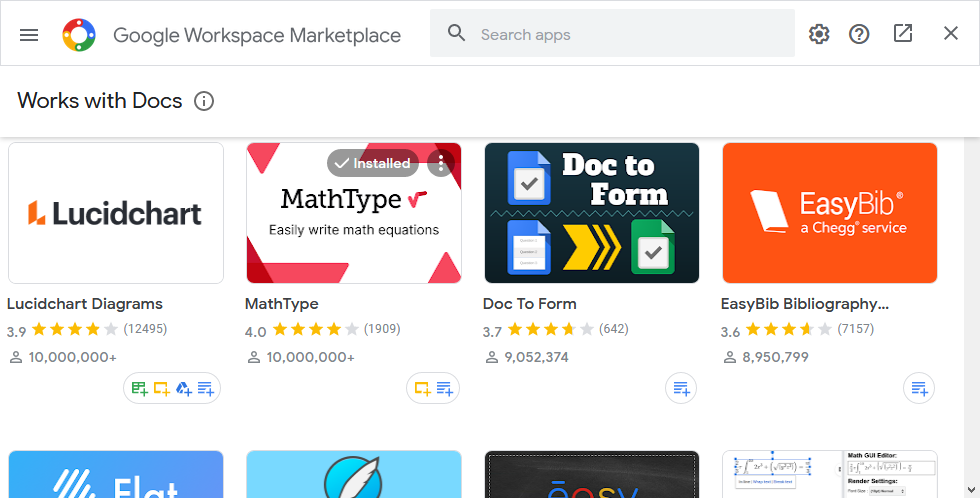Should YouTube's algorithm recommend conspiracy theory videos? Should twitter recommend tweets that disagree with the WHO? Should Facebook recommend things that'll make you angry?
There's countless such questions about recommender algorithms, usually with good arguments on both sides.
But the elephant in the room that all these arguments take place in, is that the problem isn't so much how to design the algorithm, but why do we only have one choice?
My suggestion is that sites with recommender algorithms will have a system that lets everyone write their own algorithm, upload it, and use it instead of the companies algorithm, or use an algorithm uploaded by someone else.
The algorithms would be selected through an add-on-shop-like interface, and could have further options for the users to tweak through a UI.

This will move the argument from "How should the one algorithm be designed", to the much easier problem of just designing an algorithm you're happy with and uploading it, or finding one that was already uploaded.
When it comes to large companies like Facebook, YouTube, Instagram, Twitter, etc. I would force them to implement such a system, and use a simple no-filter chronological order algorithm in their feeds as a default (then offer their own algorithm as one choice among the other choices).
With everyone able to choose their own algorithms, we'll be one step closer to a social media landscape that works.
We have the following options:
...or some combination of them. For example, from the position of power we could declare the set of permissible choices, and then allow people to choose freely within this set.
Bubbles or not bubbles, that's the same, but more meta. We could allow people to set up their bubble coefficient individually, but what if some stupid people will set it to 100% and will never be confronted with our wisdom? Or we leave the choice to the YouTube's algorithm.